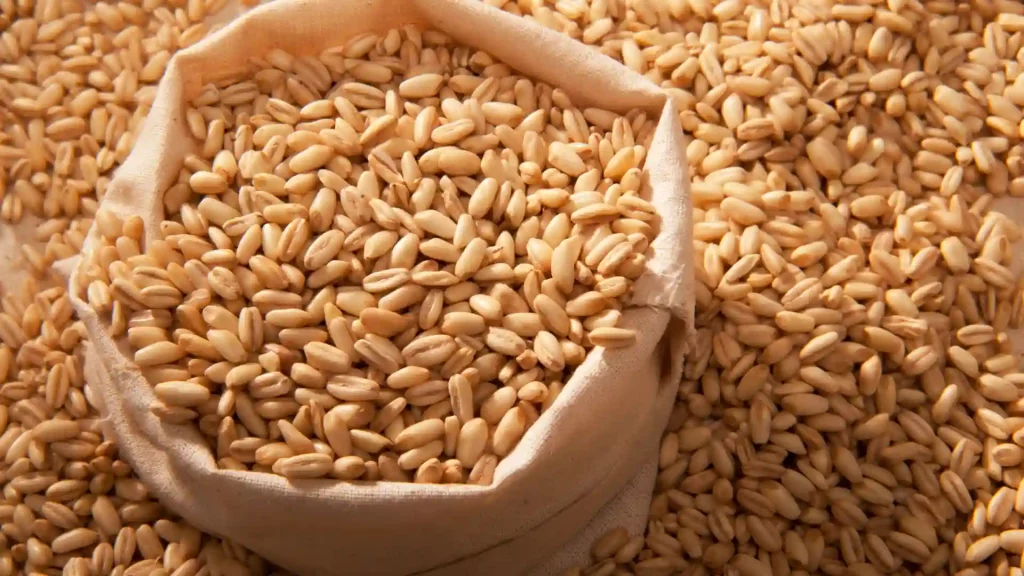Retailers in the UAE said that the government’s decision to ban the export and re-export of wheat and wheat flour originating from India would ensure sustainable supply and stabilise prices of the commodity.
The Ministry of Economy in the UAE had imposed a ban on wheat and wheat flour originating from India for a period of four months starting from May 13, 2022.
Sources said that stable wheat prices would also help producers to maintain the prices of products derived from wheat, including cereal, flour, pasta, bread and other food items.
Chairman and Managing Director of Al Adil Trading, Dr Dhananjay Datar, mentioned that as a result of the four-month moratorium, the price of wheat would stabilise at current levels in the country.
He further stated that the government’s decision would benefit consumers in the UAE, and the possibility of prices coming down was high if there was an increased supply of wheat to the country. He said that with existing supplies in the market, prices are expected to remain stable.
According to earlier reports, local wheat flour prices in the UAE increased by 15 percent, after the Indian ban on wheat exports. The ban from India came after the country witnessed a sharp spike in wheat prices due to curtailed domestic production, and the fall-out of the Russian war on Ukraine. Both Russia and Ukraine are the top largest exporters of wheat in the world.
Group Director and Partner of Al Maya Group, Kamal Vachani, said that the decision by the UAE government would be of immense benefit to consumers in the UAE, since there would be an adequate supply of wheat for domestic consumption. He added that there would not be a shortage of the commodity after the ban, since prices would not increase and the supply of wheat would be steady.
The Indian government had previously approved the export of wheat to the UAE for domestic consumption, following the Comprehensive Economic Partnership Agreement (CEPA), which was signed by the two countries.
UAE to grant special permission for export of Indian origin wheat
The Ministry of Economy in the UAE stated that companies that wish to export or re-export wheat and wheat flour of Indian origin imported before May 13, would have to seek permission from the government to export or re-export the commodity.
The Ministry also indicated that in the case of wheat and wheat flour products which are not of Indian origin, companies wishing to export or re-export it may do so after applying to the Ministry for export permission outside the country.
The export permits would be valid for a period of 30 days after issuance by the Ministry.
